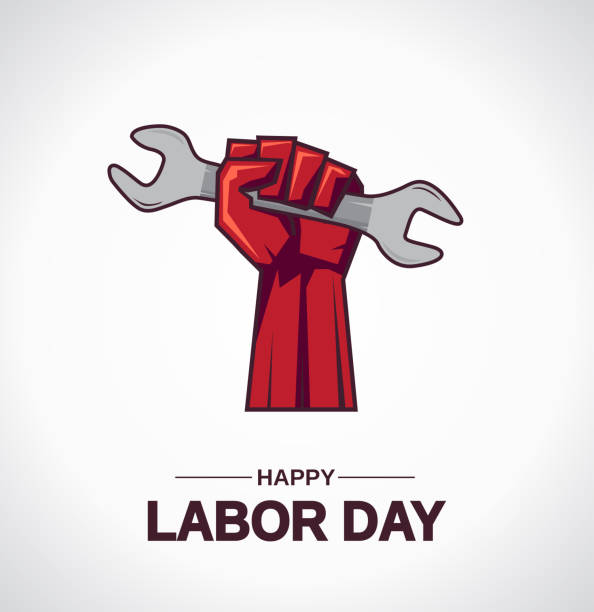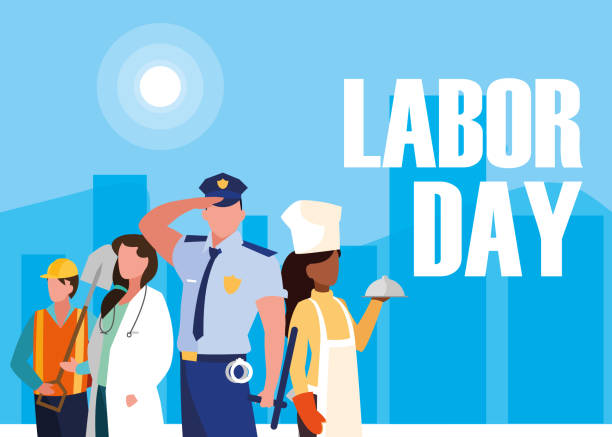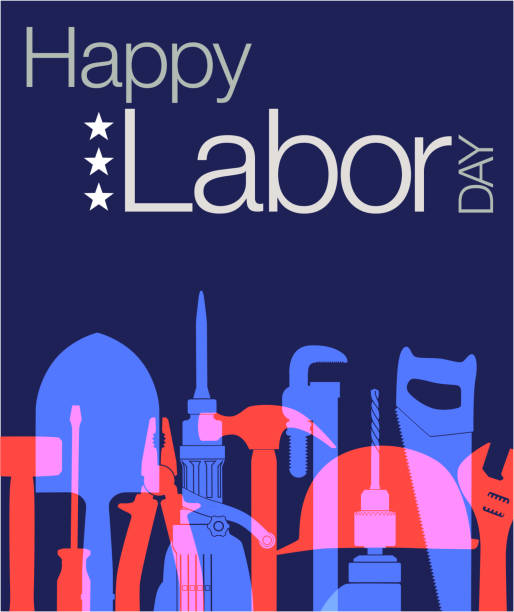Plan Your Holidays: Indian Raksha Bandhan Festival and Singapore’s National Day Both on 9th August 2025
Raksha Bandhan 2025 is on 9th August, Singapore’s National Day also falls on the same day! A perfect long weekend to celebrate!

Labour Day is a celebration of the labour group's accomplishments and hard work. This is a day dedicated solely to the working class. This day is observed on a different day in many countries. Nonetheless, this day falls on May 1st, which also happens to be International Workers' Day, in the majority of countries.
Many nations observe Labour Day on May 1st, including Uruguay, Iran, India, Ghana, Libya, Nigeria, Chile, Mexico, Peru, and Uruguay, to mention a few. The workers and labourers are honoured on this day. Workers everywhere put in a lot of effort to make a living. A dedicated day has been set aside to honour their perseverance and hard work. The first of May is observed as Labour Day in the majority of countries.
![]()
Overview
In most nations, Labour Day is a public holiday honouring those who work in the labour force and the working class. In over 80 countries, May 1st is the day of celebration. On the first Monday in September, both the United States and Canada observe it. Numerous nations observe this day on their own dates. But the celebration's original purpose—to honour the labour class's dedication to hard work—remains unchanged.

India's History and Origin of Labour Day
The first Labour Day was observed in India on May 1, 1923. The Labour Kisan Party of Hindustan hosted this celebration in the Indian state of Madras. Comrade Singaravelar scheduled two meetings for this day at various locations around the state. Two locations were chosen for these events: Triplicane Beach and the beach in front of Madras High Court. He enacted a resolution mandating that this day be designated as a national holiday by the government.

Labour Day Celebrations in Several Indian States
Antarrashtriya Shramik Diwas, also known as Kamgar Din, is the name given to Labour Day in India. Nevertheless, the nation's various states refer to it by different names. It is referred to as Thozhilaali Dinam in Malayalam, Uzhaipalar Dhinam in Tamil, and Karmikara Dinacharane in Kannada. Gujarat celebrates it as Gujarat Day, and Maharashtra celebrates it as Maharashtra Day as well. This is due to the fact that Maharashtra and Gujarat became states on this day in 1960.

India's Labour Day: A Celebration
Labour Day is a day of celebration for those who belong to the labour class in India, just like it is in many other countries. On this day, protests are held against any unfair practices that any organisation may be using against its labour force. Additionally, processions are held to show that labourers are a united group and will not bow to irrational demands made by capitalists. Prominent leaders give speeches to foster unity among the labourers. Additionally, labour unions host get-togethers and other leisure pursuits.

In summary
The history of Labour Day serves as a reminder that, when we band together, nothing is impossible. After trade unions were established, they steadfastly opposed the unfair treatment of labourers. Despite the fact that the capitalists' exploitation of the working class was always obvious, no action was taken to stop it. Trade unions' combined efforts compelled the government to enact labor-friendly legislation.


Raksha Bandhan 2025 is on 9th August, Singapore’s National Day also falls on the same day! A perfect long weekend to celebrate!

"योग करें, निरोग रहें।" आप सभी को योग दिवस की हार्दिक शुभकामनाएँ! योग केवल शरीर को मजबूत करने का माध्यम नहीं है, यह मन को शांत और आत्मा को आनंदित करने का भी उपाय है। इस योग दिवस 2025 पर, आइए इसे अपने जीवन का हिस्सा बनाएँ और सभी को इसके महत्व से परिचित कराएँ।


Yoga Day, observed annually on June 21, is a celebration of the ancient practice of yoga that promotes harmony, balance, and well-being. It is an occasion for people worldwide to come together and embrace the benefits of yoga for the mind, body, and soul. In addition to yoga sessions, sharing heartfelt messages and inspiring images has become a popular way to spread the spirit of Yoga Day.

